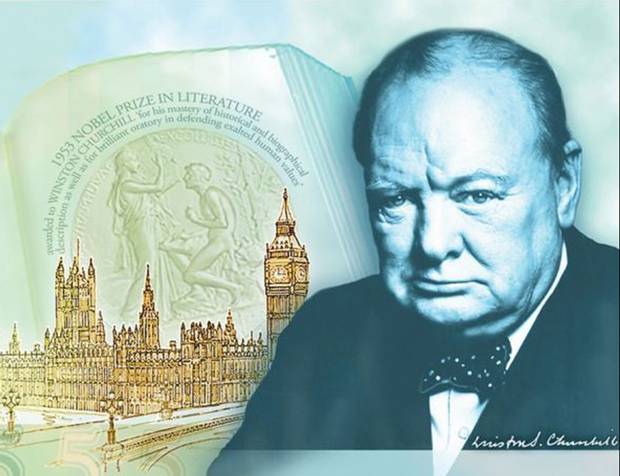Self-described Bitcoin detractor Colby Cosh explains how “Newsweek” got conned by “Satoshi Nakamoto” (yes, both sets of scare quotes are ‘splained):
Newsweek’s Satoshi is a 64-year-old Japanese-American living in Temple City, California. “Satoshi Nakamoto” is the name on his birth certificate, although he goes by Dorian. Mr. Nakamoto has a physics degree and has done computer engineering for a number of military-industrial firms, as well as one online stock-price provider. Much of his work history is shrouded in official secrecy, or perhaps just the habitual truculence of defence-tech professionals. He is known to have a libertarian streak, has had some run-ins with the financial system, and is thought by friends and relatives to capable of cooking up something like Bitcoin.
But it is now looking as though he had the square root of bugger-all to do with it. Newsweek concluded its investigation of Dorian S. Nakamoto with a police-supervised doorstep interview in which the gentleman is supposed to have said “I am no longer involved in that and I cannot discuss it. It’s been turned over to other people.” Dorian has now told the Associated Press that when he said “no longer,” two words on which Newsweek hung an entire feature, he was referring to the engineering profession generally. He denied being involved in any way with what he repeatedly called “Bitcom,” explained the work he had briefly done for a financial-information company, and read the Newsweek piece to himself, displaying increasing confusion and annoyance as he did so.
I have to say, having read New Newsweek’s article, that it does appear to rest on a fairly slender foundation. Aside from that “no longer,” the evidence that Dorian Satoshi Nakamoto equals “Satoshi Nakamoto” amounts to the obvious coincidence of names and a bunch of quotes from the man’s semi-estranged family. Unfortunately, neither “Satoshi” nor “Nakamoto” are uncommon names for individuals of Japanese ancestry; the article acknowledges that there are several more just in the United States. The Bitcoin-inventing “Satoshi” clearly does not much want to be found; the name is obviously a pseudonym, has always been taken to be one until now, and was probably chosen precisely for its red-herring flavour.
Okay, so Satoshi Nakamoto is probably not “Satoshi Nakamoto”, but why is Newsweek actually “Newsweek” in scare quotes?
A lot of people are asking how something like this could happen to Newsweek, not realizing that the Newsweek nameplate has basically been asset-stripped and repurposed in order that the remaining credibility and familiarity might be squeezed out of it. (This will happen to Maclean’s someday — two years from now, or 200. I’m hoping it’s 200.) No one expected this cred-squeezing process to happen quite so quickly and powerfully, but IBT Media, buyer of Newsweek, seems to have blundered into a singular piece of ill luck: the wrong reporter matched at the wrong time with the wrong story, one in which an informed intuition about any number of subjects might have saved the day.




